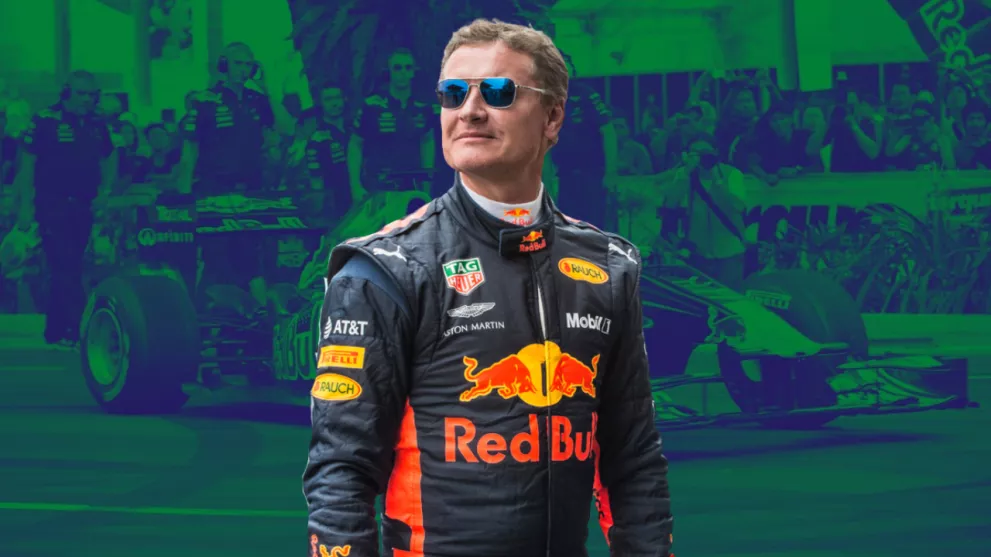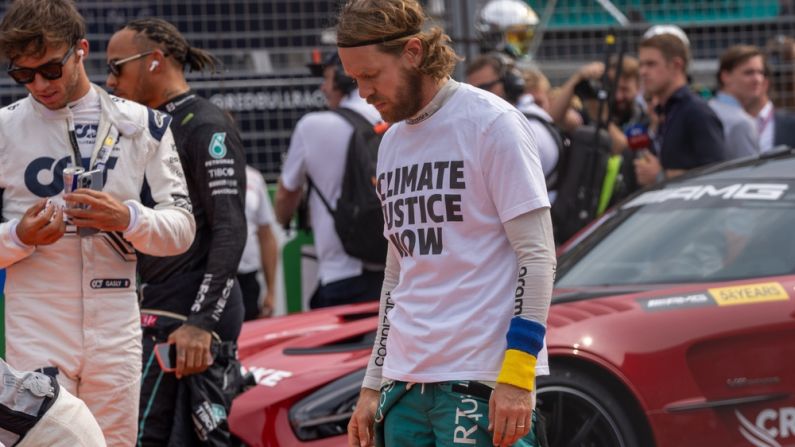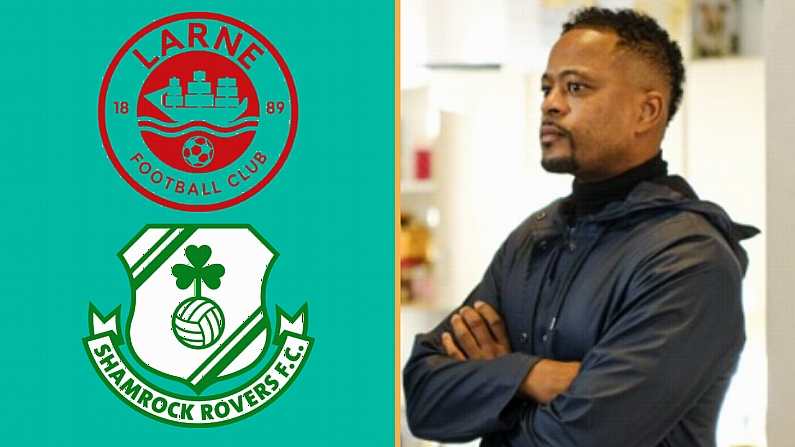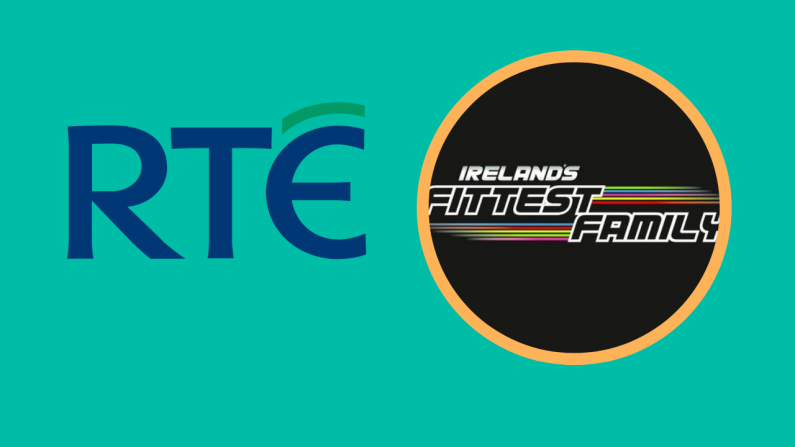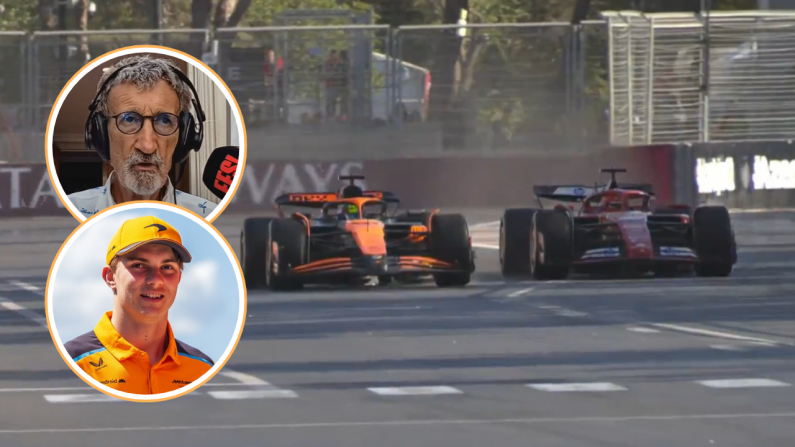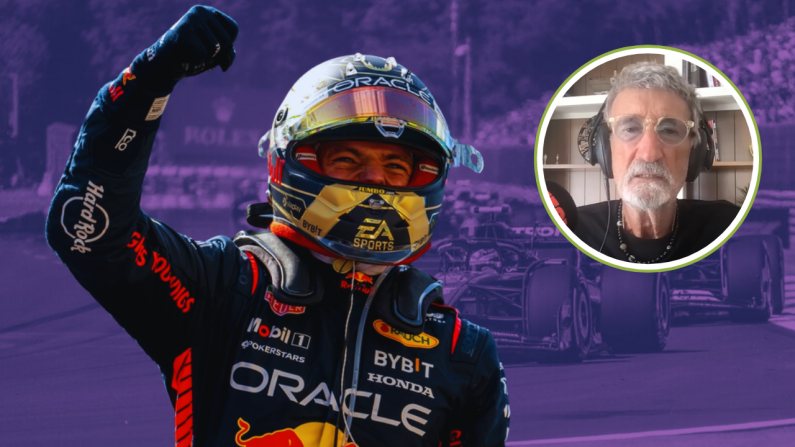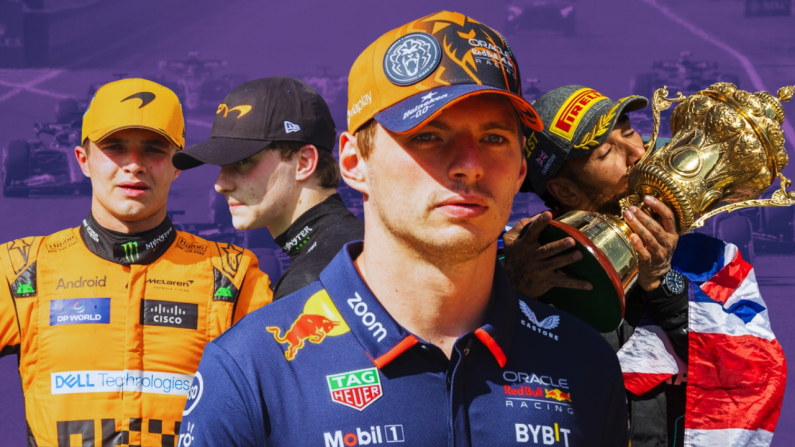The FIA have made the controversial decision to ban drivers from making political or personal statements at F1 Grands Prix from 2023 onwards.
The announcement comes mere days after the conclusion of the highly contentious Qatar FIFA World Cup, which saw players warned against making statements in protest against the human rights abuses in the country.
Having launched a campaign in the name of equality almost three years ago named 'We Race As One', the FIA (F1's governing body) have certainly taken a marked step back with their latest decision.
Controversial move will prevent political statements at F1 races
In a change to the FIA's International Sporting Code, political statements by drivers at FIA events have been banned. This decision will impact not only F1, but Formula E and the World Endurance Championship, as well as any FIA-sanctioned events. The addition to the regulations prohibits:
the general making and display of political, religious and personal statements or comments notably in violation of the general principle of neutrality promoted by the FIA under its Statutes, unless previously approved in writing by the FIA for International Competitions, or by the relevant ASN for National Competitions within their jurisdiction.
In 2020, Lewis Hamilton led F1's campaign to protest against racial inequality. The FIA launched an official programme named "We Race As One", and drivers wore t-shirts with the rather empty message adorned on them ahead of every Grand Prix. Hamilton, by contrast, wore a t-shirt reading "Black Lives Matter".
Hamilton was warned by the FIA after wearing another t-shirt on the podium at the 2020 Tuscan Grand Prix, which read "Arrest the cops who killed Breonna Taylor", in protest against the death of 26-year-old Taylor during a police raid at her home in Kentucky.
British F1 driver @LewisHamilton speaks after winning the Tuscan GP while wearing a shirt that reads “ARREST THE COPS WHO KILLED BREONNA TAYLOR.”
He mentions her at the end of his post-race remarks here. pic.twitter.com/xUg4lrL9H9— Sahil Kapur (@sahilkapur) September 13, 2020
Drivers took the knee before each race in 2020 though some, including Max Verstappen and Charles Leclerc, chose not to participate, with Leclerc saying his decision was linked to politics.
F1 will race in several nations with questionable human rights records next year, including Azerbaijan, Bahrain, Saudi Arabia, and Qatar. The Qatar GP was left off the schedule for 2022 due to their hosting of the FIFA World Cup - during which the nation came under intense scrutiny from football fans, pundits, and players, for their history of human rights abuses.
Players from European teams had intended to wear armbands reading "OneLove" in protest against the oppression of the LGBTQ+ community in Qatar, but backtracked on their gesture days before the tournament when threatened with sporting sanctions by FIFA.
At the time, comparison was made with the resilience of Sebastian Vettel and Lewis Hamilton in standing up for the LGBTQ+ community at previous F1 races. At the 2021 Hungarian Grand Prix, Vettel wore a rainbow t-shirt reading "Same Love", while Hamilton wore a helmet decorated with the rainbow flag at the 2021 Qatar Grand Prix.
Sebastian Vettel, on receiving a reprimand at the Hungarian #F1 Grand Prix, having worn a rainbow t-shirt saying ‘Same Love’:
“I’m happy…they can disqualify me. They can do whatever they want to me, I don’t care. I would do it again.”
That’s how leadership looks. 🏳️🌈🏳️⚧️ https://t.co/In3eKcAxg4 pic.twitter.com/9ClnOaA9lI— Richard Morris (@RichardMRacing) November 21, 2022
world cup teams giving up wearing rainbow colors in qatar while lewis hamilton in 2021 did it pic.twitter.com/tLIbBA5WrA
— ؘ (@dearlews) November 21, 2022
The retiring Vettel has also gained respect among the F1 community for his vocal stances on climate activism and equality in recent years.
The decision by the FIA has understandably garnered some loud reaction from F1 fans, with one journalist calling the decision by the FIA "pathetic".
This is some absolute gross bullshit, completely nonsense and utterly impossible.
Drivers are just their little money makers.https://t.co/sVbSEmKoVo— Chain Bear (@chainbear) December 20, 2022
Pretty pathetic by the FIA. Drivers banned from political statements going forward https://t.co/fpuxXPGd1a
— Nate Saunders (@natesaundersF1) December 20, 2022
Will drivers please for the love of goodness stop trying to make the world better and fairer by pointing out fairly basic ways we should be considerate, responsible, and fair humans
won't somebody PLEASE think of the race promotors https://t.co/LbS06S1Ypg— Spanners (@SpannersReady) December 20, 2022
It's not politics, it's basic human decency that the @fia wants to outlaw. The fact that #F1 is going along with this tells me everything I need to know about their lack of ethics and morals. What other moral indecency is going on at the #fia.https://t.co/47sQFrPCAV
— John Frost (@JohnFrost) December 20, 2022
The FIA's decision to outlaw political statements in F1 should, perhaps, not come as a surprise.
Earlier in 2022, the incoming FIA president Mohamed Ben Sulayem criticised Hamilton and Vettel's persistent championing of human rights, and harked back to the 1980s and earlier, when drivers supposedly did not care for social issues. He said:
Niki Lauda and Alain Prost only cared about driving. Now, Vettel drives a rainbow bicycle, Lewis is passionate about human rights and Norris addresses mental health.
Everybody has the right to think. To me it is about deciding whether we should impose our beliefs in something over the sport all the time.
The statement from Ben Sulayem is not even based in fact, given that Prost and Lauda, alongside several other drivers, were vocal in their disapproval of F1 racing in apartheid South Africa during the 1980s.
SEE ALSO: David Coulthard Says Red Bull Departure Did "Reputational Damage" For Daniel Ricciardo
